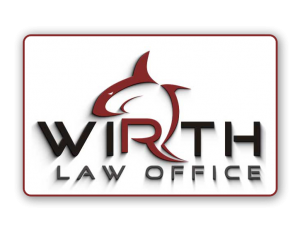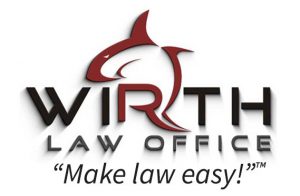McGirt Impacts Oklahoma
Video Transcribed: You’re being sued in a county you don’t live in, for matters that don’t pertain to you, in a case that you had nothing to do with. What do you do? Hi, my name is Ryan Cannonie and I’m an attorney in Tahlequah, and one thing that comes up now, in cases there are defenses to a lawsuit, but there’s this other thing called jurisdiction and jurisdiction is the power of whatever court you’re in to have authority over you.
 Now we’ve all heard some of the issues surrounding a lot of the Native Americans in Oklahoma, with the McGirt ruling and Eastern Oklahoma, the five tribes having reservations, and whether or not the state can charge people in state court that are of native ancestry.
Now we’ve all heard some of the issues surrounding a lot of the Native Americans in Oklahoma, with the McGirt ruling and Eastern Oklahoma, the five tribes having reservations, and whether or not the state can charge people in state court that are of native ancestry.
And there’s still some debate on some of that right now. Most of it is, you can’t be charged in state court. There are still questions as to how it relates to fines and costs, old convictions, all that,
That’s not exactly what we’re talking about. That deals with jurisdiction, the power of state courts to have authority over Native American defendants and criminal cases.
The same kind of concept goes through the entire court system, in that a court has to have the legal authority to drag you in front of it and hold you either accountable or to do cases where you have liability. Civil, criminal, any of these types of things, the court has to be able to have jurisdiction over you.
Now let’s say a court doesn’t have jurisdiction. Someone’s trying to sue you in a court where you don’t live in that county or area, that court, whatever reason. There’s a whole bunch of reasons the court wouldn’t have jurisdiction over you. Let’s say one of those applied. If you show up and give the court any authority, a lot of times that waves any argument you have, that they don’t have jurisdiction.
So for example, if you show up to court and the court wants to continue it. Let’s say, someone needs a continuance and you say, oh, I don’t mind. I don’t object to that. By doing that, you’re basically saying the court has the authority to continue the matter and to hold you there to be present or not present.
And so if you had a jurisdictional argument if your attorney would have a jurisdictional argument, and that happens, you agree to something as simple as a continuance, then you have now waived it. And now that court has jurisdiction over you, the case can proceed and you may be looking at liability or anything else involved, which would depend on what your case is.
So knowing a little bit about jurisdiction early, when I say early, I mean at the beginning, the very beginning of your case is very important because those decisions you make at the very beginning can have ramifications all the way through your case, into any appeals you possibly have and to any defenses you possibly have.
If you have any questions about this, if you think something doesn’t really smell right about a cause you’re being drug into, then please give us a call, go on tahlequahattorney.com, shoot us a web form. Let us know, maybe we can help.








